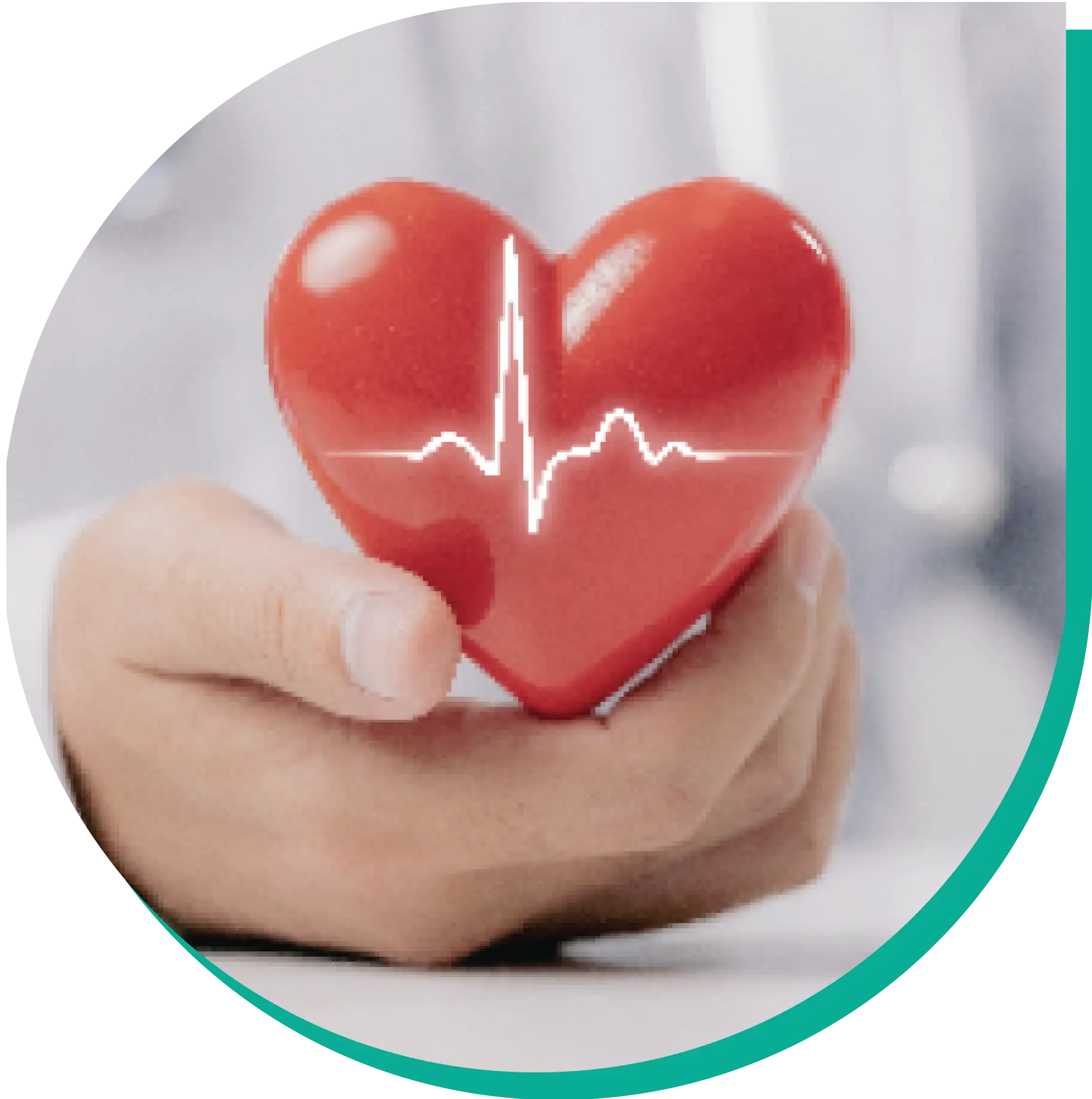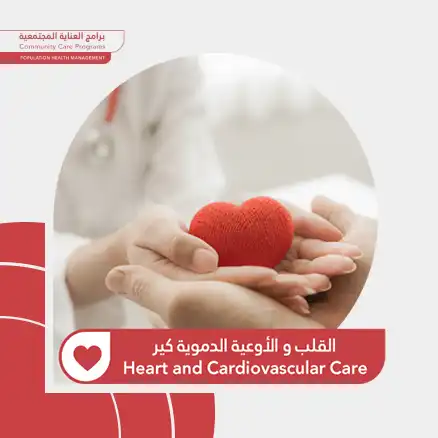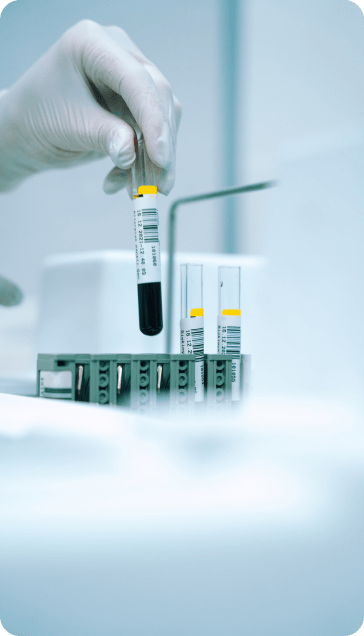
Al Borg Diagnostics
Cardiovascular Heart and Disease
Heart Health
The heart is the most important muscle in the body, as it works involuntarily to pump blood around the clock, and thus helps to deliver oxygen and blood to all organs and cells of the body, so it is necessary to pay attention to heart health, and check its safety from time to time in some cases fats and cholesterol build up in the artery wall. This buildup (plaques) makes the artery stiffer and narrower than normal and blocks the flow of blood and oxygen to the body. .
How can you check on the health of your heart?
The periodic examination of the heart aims to early detection of any diseases affecting the heart, even before any symptoms appear on the person. Early detection of such diseases, and early treatment, increases the chance of successful treatment. Visit your doctor to check on the health of your heart, he may recommend a series of tests that help evaluate the health of your heart and blood vessels as;
1- Blood pressure is one of the most important screenings because high blood pressure usually has no symptoms so it can’t be detected without being measured. High blood pressure greatly increase your risk of heart disease and stroke. If your blood pressure is below 80/120 mm Hg, be sure to get it checked at least once every two years, starting at age 20. If your blood pressure is higher, your doctor may want to check it more often.
2- Fasting Lipoprotein Profile (cholesterol): This is a blood test that measures total cholesterol, LDL (bad) cholesterol and HDL (good) cholesterol. Cholesterol often can be controlled through lifestyle changes and/or medication.
3- Your health care professional may ask for your waist circumference or use your body weight to calculate your body mass index (BMI) during your routine visit. These measurements may tell you and your physician whether you’re at a healthy body weight and composition. Being obese puts you at higher risk for health problems such as heart disease, stroke, atrial fibrillation, congestive heart failure, and more.
4- High blood glucose or “blood sugar” levels put you at greater risk of developing insulin resistance, prediabetes and type 2 diabetes. Untreated diabetes can lead to many serious medical problems including heart disease and stroke. Your doctor may also measure glycated hemoglobin A1c levels (A1c %) in your blood to screen for type 2 diabetes. An A1c level of 6.5% or higher is used to define diabetes. The American Diabetes Association recommends testing for prediabetes and risk for future diabetes for all people beginning at age 45 years.
What are the methods of diagnosing heart disease?
• Cardiac enzymes and muscle integrity indicators such as: CKMb, TropI,T, ANB, high sensitive CRP.
• Thyroid function tests, as the defect in the activity of the thyroid gland affects the heart muscle.
• Sodium, potassium, albumin, and creatinine abnormal levels might be associated with heart disease.
• Blood picture and iron level: Anemia leads to weakening and fatigue of the heart muscle.
Check your Heart Health With Heart and Cardiovascular Care





